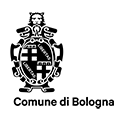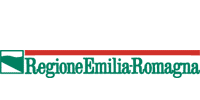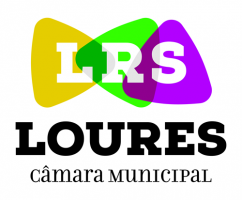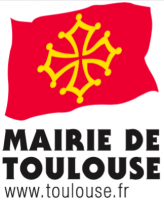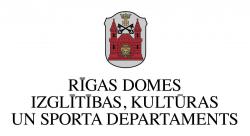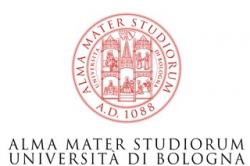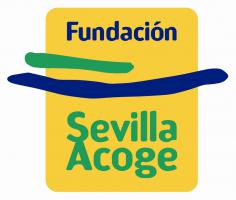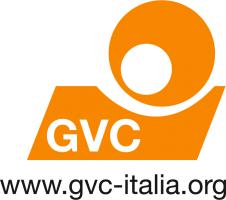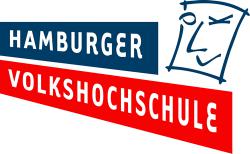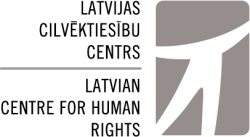Bologna is the seventh city in Italy as far as the number of inhabitants is concerned (almost 400,000) and sixth in economic importance. The metropolitan area of Bologna reaches more than 900,000 inhabitants. Important features of Bologna are its high level of economic development and extensive pre-school, educational, social, cultural and sport services. Very innovative enterprises see in Bologna an ideal location and very high is also the percentage of craftsmen operating in the area.
Bologna is one of the most culturally vibrant city in Italy and, with more than 40 museums, it is a city of art with a very high rate of participation in cultural and leisure activities. Capital both of the Metropolitan City and of the Emilia-Romagna Region, the Municipality is member of several EU networks of cities, among which Eurocities, European Coalition of Cities against Racism, Unesco Network of Creative Cities, and has a longstanding experience in participating to international cooperation projects, also in the field of development, migrations and human rights.
On the AMITIE CODE project, the City will engage different departments and various stakeholders, such as educational institutions, migrants associations, citizens and civil society at large.

